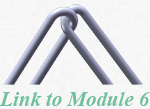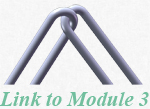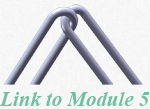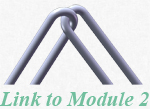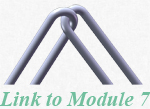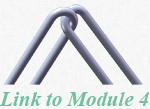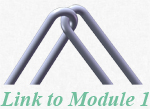
All Stories
Axiomatic Design(AD)
Axiomatic design (AD) provides discipline-independent representations of a general design process, general criteria for effective decision making, and scalability for complex systems development [1]. Axiomatic design process reduces product development risk, reduces cost, and speeds time to market. AD was created and developed by Professor Nam Suh of MIT in order to create a science base for design and manufacturing [2]. AD is a valuable methodology for designing complex products and systems. AD theories offer a framework that is reliable for all disciplines and at all levels of detail – it is a transdisciplinary design tool.
Theory of Inventive Problem Solving (TRIZ)
Theory of Inventive Problem Solving (TRIZ) developed by G.S. Altshuller and his colleagues in Russia between 1946 and 1985 is a well-known effective methodology to solve complex problems. It is a problem-solving methodology developed on the assessment of the repetitions of problems and solutions using logic, data, and research. TRIZ represents the output of over 2000 person-years worth of research into not just patents, but well defined successful problem solutions from all areas of human work. The number of Triz practitioners has grown 40% per year since 2007. Today many Fortune 500 companies successfully use TRIZ methodology in at least 50 countries.

The purpose of the available presentation slides for each module is to provide original artworks (figures, tables, etc.) rather than providing complete teaching content in each slide. Instructors teaching design courses should shape both content and style of the slides depending on their teaching way.
Design Structure Matrix (DSM)
Design Structure Matrix (DSM) also referred to as dependency structure matrix is a tool for managing complexity. DSM helps the project team to agree on the design of a complex product in a timely manner and it helps to design a complex product to be modular so that portions of it can be more easily changed or modified. Management of complexity using a DSM was initiated by Don Steward in 1981. The DSM is a method for picturing relations and dependencies within a certain activity. It is a matrix-based tool that represents information flows that allow the representation of complex task (or team) relationships in order to determine a sensible sequence (or grouping) for the tasks (or teams) being modeled.
Requirements Development
The requirement is a specific documented physical and functional capabilities and attributes that a particular design, product or process must be able to perform. The process of developing correct requirements is not an easy issue–it is a comprehensive, iterative, and recursive process. It is important to note that the fundamentals of well-defined requirements are clarity, brevity, and simplicity. The elegant and entertaining requirement writing style is not necessary. This is a task that will be accomplished after the concept has been selected. Requirements are used throughout the system development lifecycle activities – from beginning to completion.
Transdisciplinary Tools Integration
"Integration is a basic law of life; when we resist it, disintegration is the natural result, both inside and outside of us. Thus we come to the concept of harmony through integration." Norman Cousins
Transdisciplinary tools will be covered in this module have been applied in many fields including product development, project management, many engineering disciplines, design of the organization, sustainable development, social issues, environmental issues, and others across many industries including automotive, aerospace, telecom, semiconductor, defense, transportation, energy, healthcare, agriculture, and more – the integration of well-known TD tools such as QFD, TRIZ, ISM, DSM, and AD addressing a wide range of domains will be discussed in this module.
Interpretive Structural Modeling (ISM)
Interpretive Structural Modeling (ISM) is an effective methodology used to cope with the novel, ill-defined problems in complex, real-world settings. It is a transdisciplinary tool used to understand complex situations that occur in diverse knowledge domains such as: when developing plans, managing organizations, designing large-scale systems, and used in many other kinds of human endeavor. ISM is a well-established systematic and comprehensive method for dealing with complex issues. It was proposed by Warfield in 1973. ISM identifies relationships among specific factors, which are relevant to the problem or issue. This helps researchers to structure a set of different and directly related factors (parameters) affecting the system into a comprehensive hierarchical model so that unclear and poorly expressed conceptual system models will be well-defined.
Complex Problems and Transdisciplinarity
This module covers complex problems and transdisciplinarity. A number of complex issues have begun to stand out as major concerns in the 21st century. Complex problems such as the environment, climate change, immigration, hunger, water crises, world population, disease, and energy are some of the most serious issues affecting the world today. These issues that transcend disciplinary boundaries cannot be addressed by anyone discipline alone: Transdisciplinary approaches can offer solutions to these challenges by providing new skills and tools aimed at creativity, innovation, and collaborating across knowledge fields.





